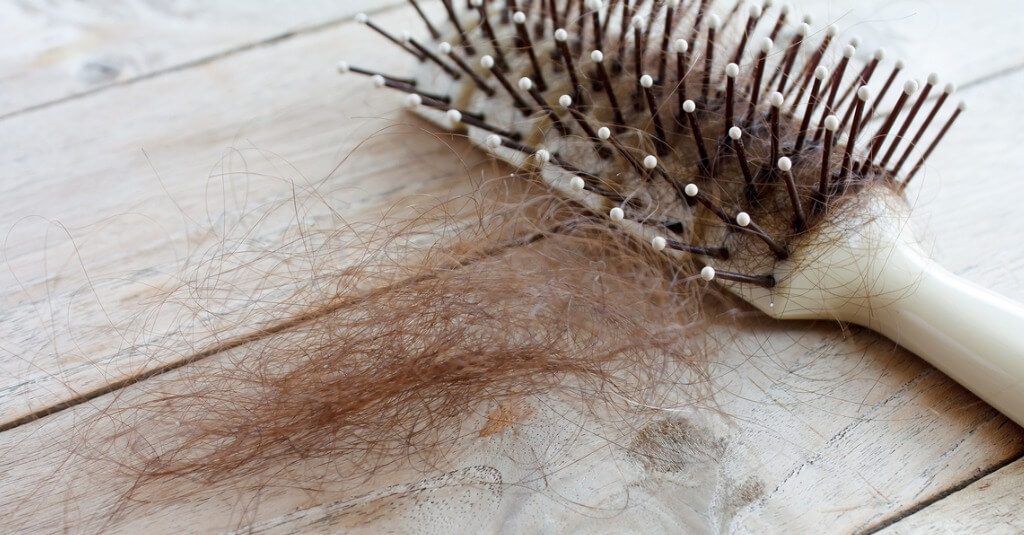How to Stop Hair Loss

Affecting up to 50% of men and women, androgenetic alopecia is a predetermined genetic disorder that causes hair loss. Also known as male-patterned baldness, this disorder causes men’s hairlines to recede, while women experience hair thinning on the top of their head, beginning with their hair part widening. Fortunately, the Original LaserCap can help stop hair loss in its tracks.
Why Do I Have Hair Loss?
There are numerous reasons as to why you may be experiencing hair loss. Some causes of hair loss are:
Androgenetic Alopecia
The most common cause of hair loss worldwide, this kind of hair loss is hereditary, which means that you have inherited genes that cause your hair follicles to shrink and eventually stop growing hair.
Cancer Treatment
If you undergo chemotherapy or radiation therapy to treat cancer, you may lose some or all of your hair within a few weeks of starting treatment.
Stress
Stress is a major cause of hair loss, with many people experiencing temporary balding in response to an event such as childbirth, illness or death of a loved one. Hair typically grows back after the stressor has passed, but for some people this may not be the case and they will experience permanent hair loss. It’s important that you take measures to reduce your stress levels if you want to avoid losing any more of your hair.
Hair Treatment
Any treatment of your hair, such as coloring, perming, or heat application could be damaging to your hair, which can eventually lead to hair loss.
Tight Hairstyles
If you often wear your hair tightly pulled back, this consistent pulling can lead to permanent hair loss, which is known as traction alopecia.
Lack of Nutrients
Lack of nutrients, such as iron and zinc can lead to hair loss. If you are not consuming adequate amounts of biotin, protein, or iron then you may begin to notice hair loss.
Ways to Stop Hair Loss
At-Home Treatments
There are many conservative treatments that you can try at home to treat hair loss, such as:
- Eat extra protein
- Take multivitamin supplements
- Get scalp massages
- Use coconut oil
- Maintain healthy hair and scalp care
- Use onion juice on the scalp
- For cancer, wear a cooling cap before, during, and after each chemotherapy session
Take Hair Loss Medication
There are currently two drugs approved by the U.S. Food and Drug Administration (FDA) to treat hair loss.
Minoxidil
This lotion can be applied to the scalp and may work by increasing blood flow and nourishment to the affected hair follicles. This treatment does not affect the hormonal imbalance of hair loss, meaning hair loss will continue if usage is stopped.
Finasteride
This oral medication works by blocking the body’s production of a male hormone in the scalp that stops hair growth. This treatment does not work on women.
Hair Restoration Procedures
Though at-home treatments and medications are convenient, procedures performed by a board-certified dermatologist tend to be more efficient at stopping hair loss.
Low-level laser therapy (LLLT): Laser therapy works by radiating photons onto the scalp tissues, which encourages hair growth. This noninvasive and painless therapy increases hair strength and is shown to promote regrowth in both men and women with alopecia.
Contact LaserCap
At LaserCap, we understand the inconvenience of having to live with hair loss, so in response, we developed a state-of-the-art solution utilizing low-level laser therapy. Approved by the FDA, our light and flexible LaserCap is lined with true laser diodes to stimulate hair growth. If you are interested in pursuing laser therapy to treat your hair loss, contact LaserCap today!



